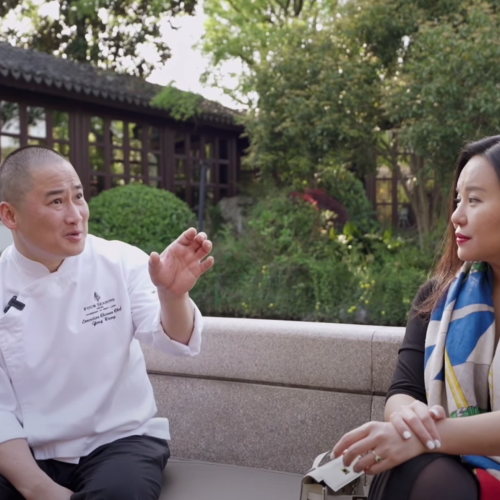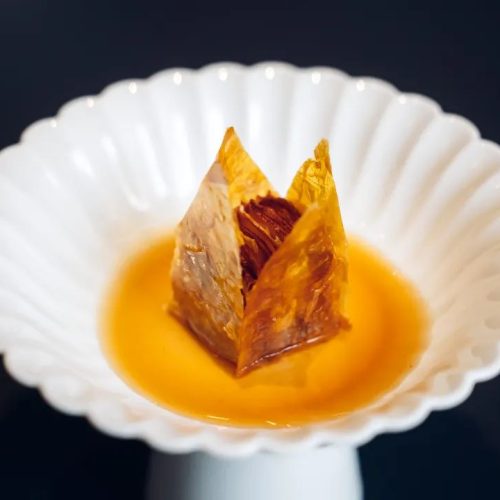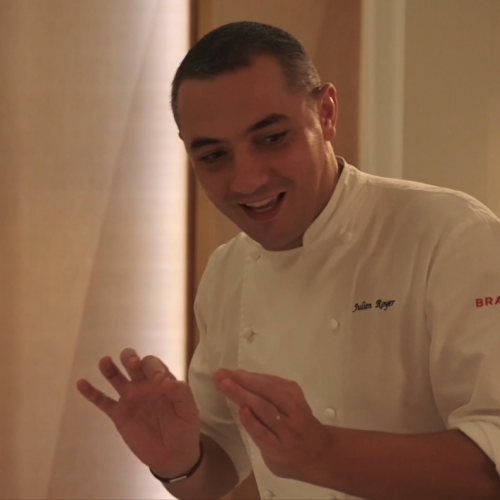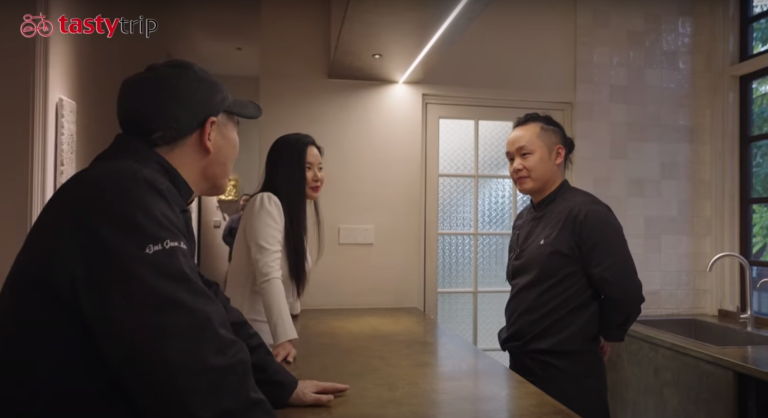
Yong's cuisine is based on a variety of soups with highlights of charcoal grilling. Chinese flavours, or more specifically Sichuan flavours, are the charming mainstay but techniques like deep-frying and grilling bring a touch of Japanese kaiseki.
Were we in Guangzhou or Chengdu? I almost couldn't tell. Here, I see the meaning of heritage. After a hundred years, Yong has restored this historical building to its natural patina and past glory.
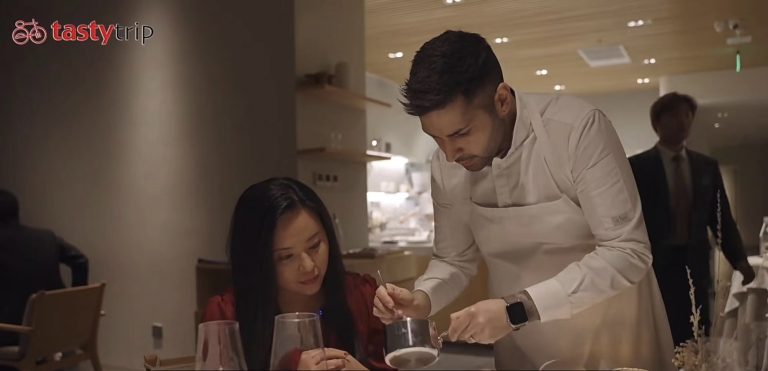
Refer has all the qualities of a top-notch restaurant. With competence and confidence, Chef has insisted on doing a trifold menu that encompasses a vast range of ingredients, but each dish is dealt with utmost care and exquisite technique. The ability to combine perceptions, cooking skills and the art of plating with subtlety and elegance requires meticulous craftsmanship.
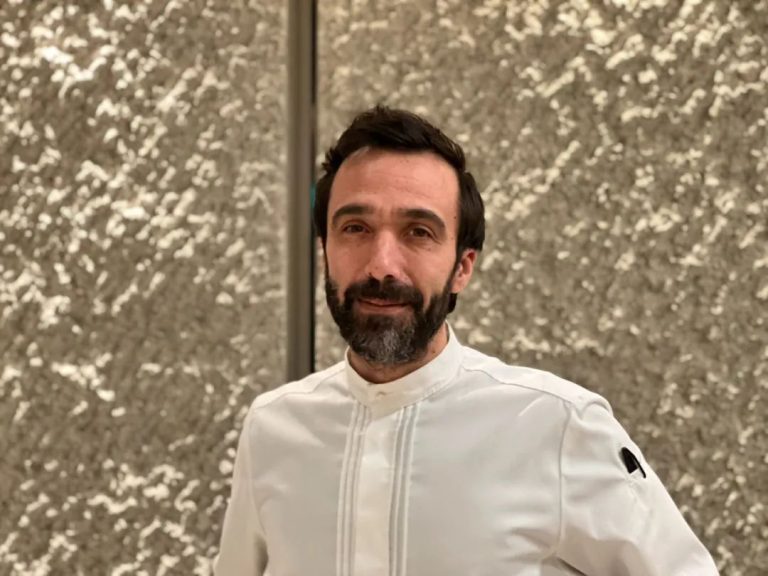
Esquisse, meaning “sketch” in French, is more than a name. An artistic theme runs throughout Esquisse, from the bright and airy decor through to the elegant presentation that seems to bear the poetic come and go of things. Opened in Tokyo’s luxury Ginza district in 2012, Esquisse was awarded two Michelin stars five months after opening. Deeply influenced by Japanese philosophy, Lionel Beccat’s cooking is about changing the way of thinking and creative growth, leaving guests to define his dishes. For me, Esquisse is undoubtedly one of the iconic restaurants to visit in Tokyo.
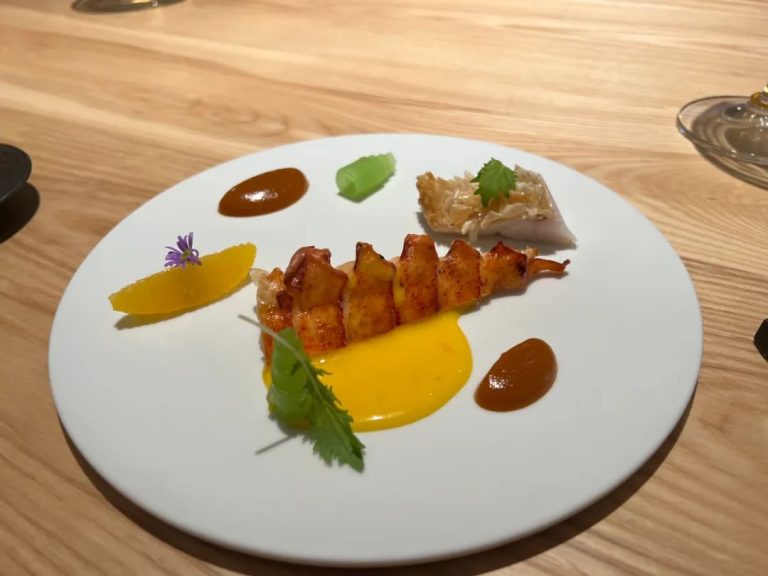
At the Michelin two-starred modern Singaporean restaurant JL STUDIO in Taichung, Singaporean Chef Jimmy Lim Tyan Yaw has re-imagined traditional South-East Asian cuisine with unique flair and a deep desire. Having been refining his approach to traditional cuisine, Jimmy’s colourful but unconventional dishes are a delightful departure from cooking’s new minimalism.
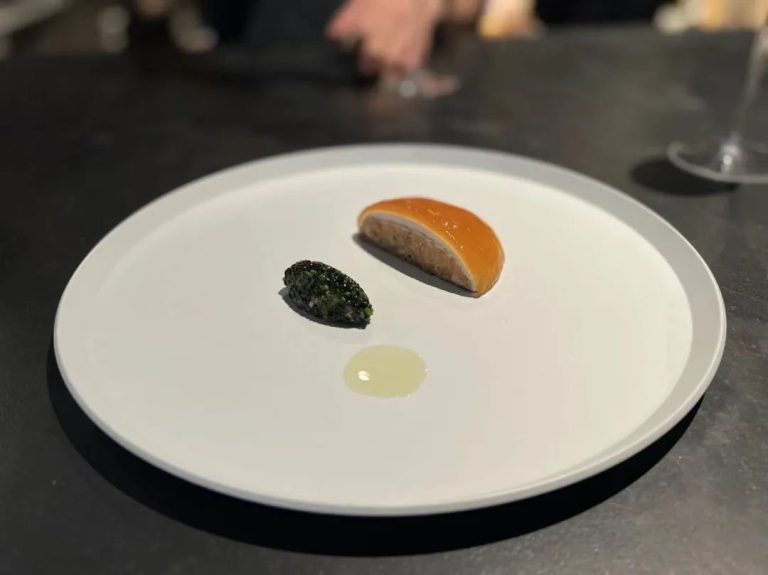
Kawate is clear in his goals and bold in his approach, especially in the early focus on sustainability before the market took it as a trend. His signature 'sustainability beef' carpaccio is taken from the meat of mature, 13-year-old breeding cows from Takasaki, which was an avant-garde dish at the time. Now Kawate's pursuit of sustainability is even more evident. Not the first of its kind in Japan, Florilège is an intimate experience set around a counter where the chefs cook everything right in front of the guest, with full attention to detail to provide top-notch hospitality. The space is far more spacious than it looks in the photos. It is a theatrical ringside setting where the chef is the star of the show.
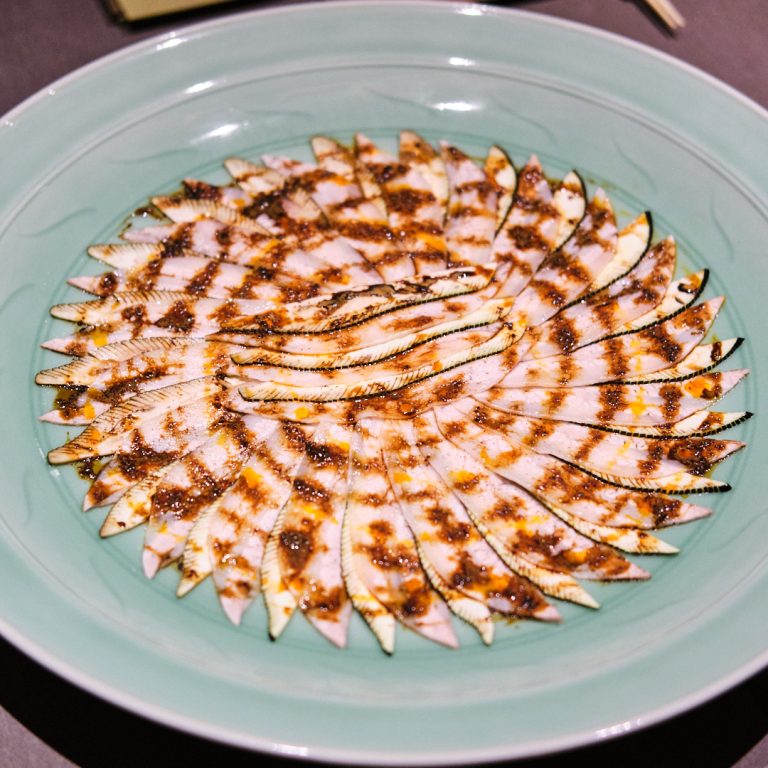
Kawada says, Japanese cuisine is about water and Chinese cuisine is about fire. The combination of the two is perfectly interpreted at Sazenka, where Chinese cuisine and kaiseki cuisine meet. He reinterprets Chinese flavours with sublime colours and impeccable aromas, imbued with warm hospitality and authenticity.
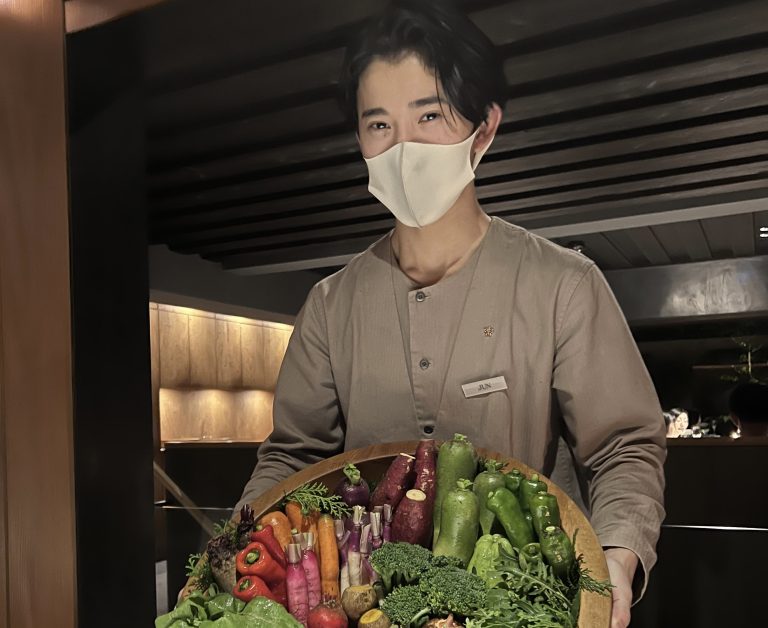
Having studied Politics of developing countries at Keio University - one of the top private universities in Japan - Chef Namae came to the culinary world with critical thinking and a philosophical mind. Apart from playing rock music and wanting to become a journalist, he worked in Hokkaido, South France and The Fat Duck in the UK before finally opening his own restaurant which was destined to be special.
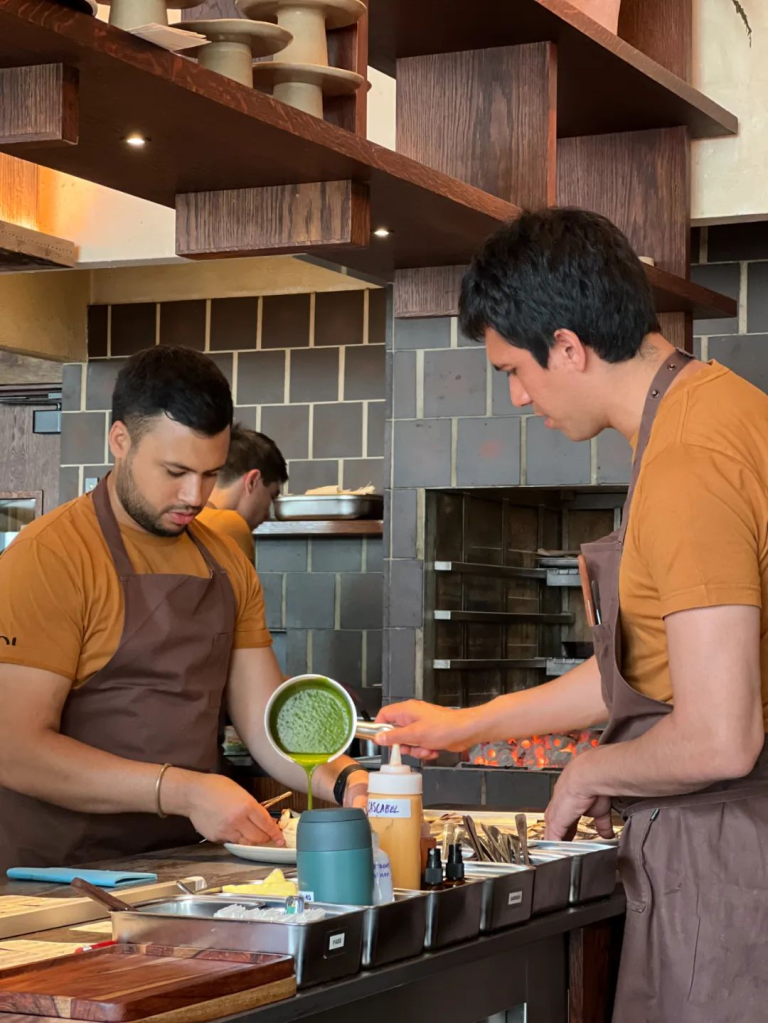
London's many foreign hospitality workers had to leave the UK as the restaurant industry faced intermittent shut-down policy during the initial phase of the pandemic. What's more, many were unable to return to the UK due to visa issues caused by Brexit. As a result, restaurants are generally experiencing a shortage of staff.
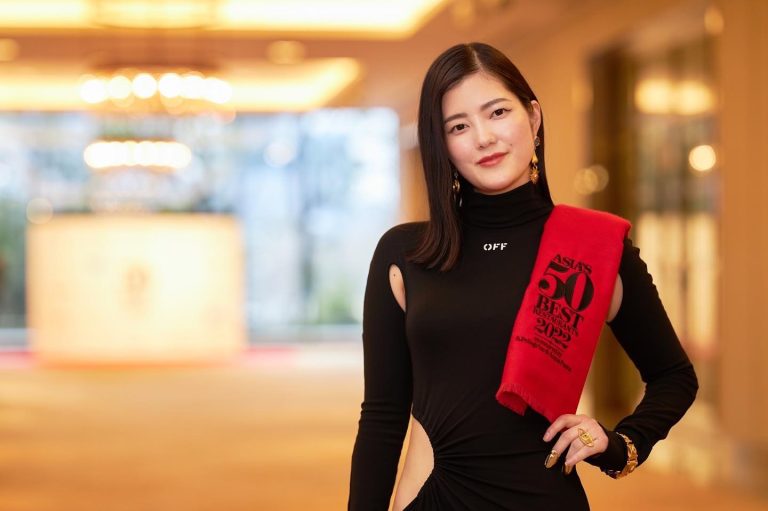
Natsuko Shoji is only 33 years old. She started training as a pastry chef at Michelin-starred Le Jeu de l’Assiette in Daikanyama before working at the two-Michelin-starred Florilège for three years when she became its sous chef and decided to start her own business in 2014. Her mango cakes were an instant success and soon she opened her private table restaurant, initially catering up to four people before expanding to cater six by the end of 2019. I first met her in Hong Kong when I tasted her mango cake. She has mentioned in the press that many of her creative inspirations come from art and fashion brands, and she has indeed developed her own brand, or is at least a trendsetter, in the culinary scene.
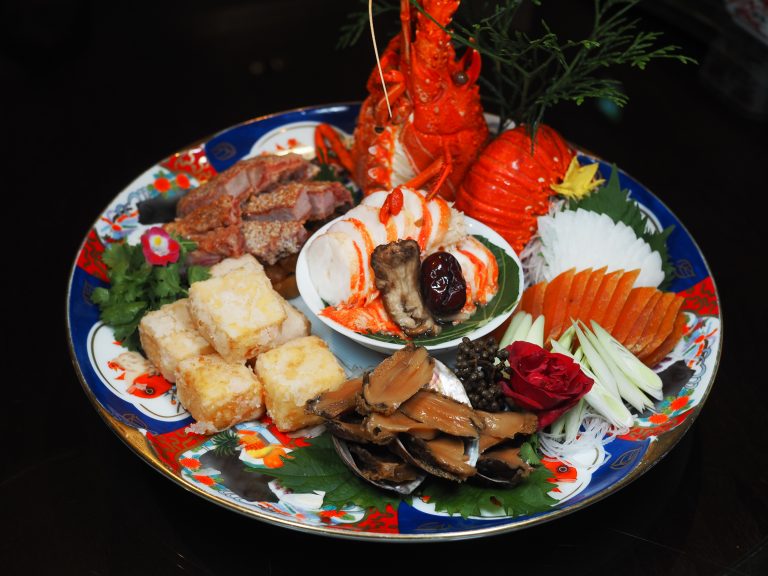
Taiwanese cuisine was prevalently characterised by exquisiteness around the 1930s, if you consider the many refined restaurants of the Beitou hot springs region during the Japanese rule. Admittedly, Taiwanese cuisine today is typically associated with street food and home-style cooking, and many finely crafted recipes didn’t get a chance to be passed on. To recapture the gorgeous Taiwanese cuisine of the 1930s, the Yong Feng Yu Group, investor of organic produce restaurants including Green & Safe in Shanghai, has found Mountain and Sea House as well as Master Cai Ruilang, a traditional Taiwanese cuisine inheritor who has been in the business for 30 years and once studied under Master Huang Dexing of Peng Lai Ge Restaurant, one of the four major restaurants in Taiwan during the Japanese rule. The group also sought advice from local cuisine expert Huang Wanling on a few classic Taiwanese dishes in Tainan.












